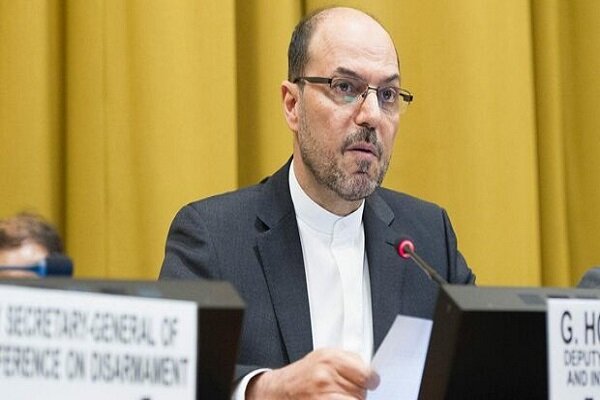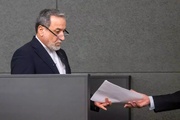He made the remarks on Tue. in an article published on the occasion of 5th anniversary of signing and sealing Iran’s nuclear deal, JCPOA, and added, “the possible end of JCPOA is the start of the decline of multilateralism and is a serious blow to the convergence of European countries in the arena of foreign policy.”
The 5th anniversary of the signing JCPOA on July 14 comes in a difficult and uncertain condition, he said, adding, “in coming years, when historians narrate the JCPOA, they will recall the possible end of JCPOA as start of decline of multilateralism and a serious blow to Europe’s convergence in foreign policy.”
Under the auspicious of JCPOA, European Union attained salient achievements in foreign policy, he said, adding, “in this respect, JCPOA created a significant impetus for multilateralism.”
From European perspective, JCPOA is considered as a serious turning point in the nonproliferation diplomacy especially with the role of European Union as coordinator, he emphasized.
Implementation of JCPOA is manifestation of a genuine multilateralism and a great impetus for the diplomacy and peaceful settlement of the disputes, Dehghani continued.
It should be kept in mind that US is responsible for the current situation of implementation of JCPOA. The increase of illegal pressures against Iran, which waited a whole year with the hope of finding a solution within the framework of JCPOA, is not in anyone’s interest, he said, adding, “taking measures outside framework of JCPOA also does not help maintain nuclear deal, because, requirements for maintaining this agreement have been clearly started by Iran. All that needs to be done is to listen the call of rationality, to maintain the impetus of multilateralism created by JCPOA and to stand up against US bullying and coercion.”
The landmark nuclear deal was inked between Iran and six world’s major powers in Austrian capital Vienna on July 14, 2015.
MA/ 4974325



























Your Comment